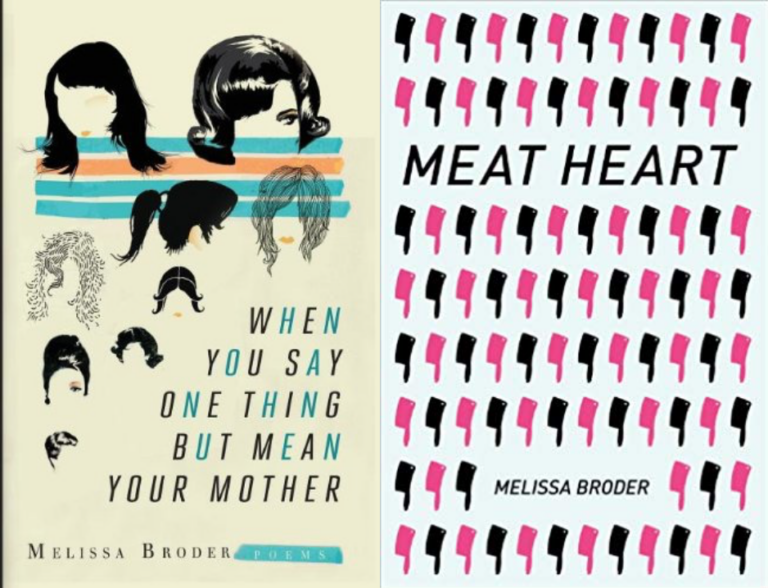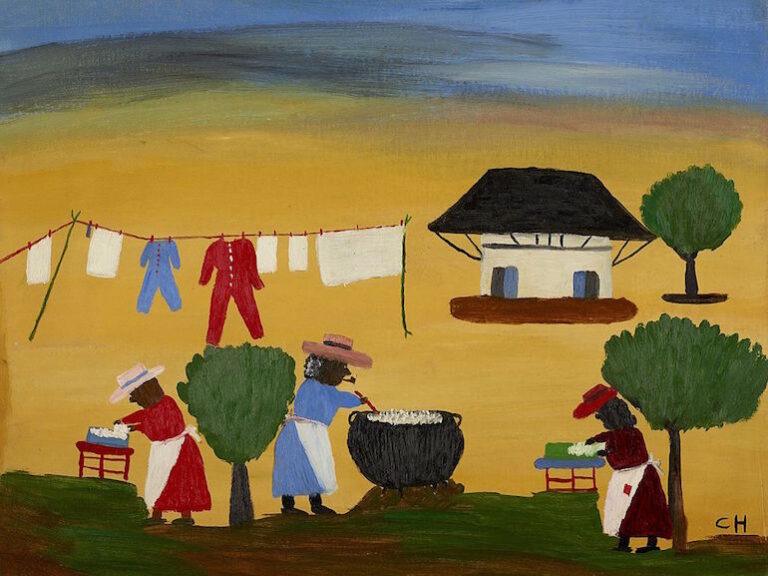The Courage For Compassion
At AWP 2013 in Boston, author Melanie Rae Thon read the following during the panel “The Literary Legacy of Andre Dubus.” Ploughshares founding editor DeWitt Henry attended the panel, and thought the piece was so beautiful that, with Melanie’s permission, we are reproducing it here. —Andrew Ladd, blog editor
In the introduction to Fires in the Mirror, Anna Deavere Smith asks: Does the inability to empathize start with an inhibition, a reluctance to see?
When I first encountered the work of Andre Dubus, I was arrested by his bold lack of inhibition, his willingness to imagine and render the inner lives of all his people. His stories reminded me that everyone has his grief: the murderer knows despair; the rapist has been wounded. Goethe said, “There is no crime of which I cannot conceive myself guilty.” In Frank Bidart’s poem, “The War of Vaslav Nijinsky,” the dancer confesses: “I know people’s faults / because in my soul, / I HAVE COMMITTED THEM.” I believe Andre Dubus was a man who understood this kind of intimate turmoil, the fear that his own impulses made him both vulnerable and dangerous, the conviction that a man who witnesses an act of violence and does nothing is as much to blame as the one who commits it.
In his shattering story “The Curse,” a forty-nine-year-old bartender stands by, impotent and intimidated, as a gang of men pin a girl to the floor and take their turns with her.
No matter how many people assure Mitchell Hayes he is not responsible, no matter how many times he’s reminded the men surely would have turned on him, left him beaten and bruised, stabbed or dead, he cannot shake the vision of
sunburned young men holding the girl down on the floor and one kneeling between her legs, spread and held, and he heard their cheering voices and her screaming and groaning and finally weeping and weeping, until she was the siren crying and then fading into the night. From the floor behind him, far across the room, he felt her pain and terror and grief, then her curse upon him. The curse moved into his back and spread down and up his spine, into his stomach and legs and arms and shoulders until he quivered with it. He wished he were alone so he could kneel and receive it.
I believe Andre Dubus spent his life as a writer and a man kneeling before the suffering of others, receiving pain as a gift, surrendering to the dark wonder of the imagination, daring to ask the most devastating questions.
In “Killings,” Andre follows the father of a murdered boy as that once law-abiding, generous, loving man kidnaps, shoots, and buries the person who killed his son. Fearless in the face of what he might come to understand, Andre follows the man home, into the bed where he confesses to his wife, where he tells her how it was, and we see that the killer kills more than his victim; he kills a whole family, poisons them with hatred, transforms them into murderers.
Each one of Andre’s stories challenges us to witness with him, to kneel and receive and withhold all judgment, to overhear whispers in the dark, to face the grief of irreparable loss, to hold the gun in our own hands and pray for the courage not to use it.
These stories do the work of restorative justice by insisting everyone has a right to speak. In “Lethal Theatre,” Dwight Conquergood describes the ways in which we make monsters of human beings who commit transgressions. By creating effigies composed only of their worst parts and most brutal moments, we justify our own right to kill, to murder, to quietly annihilate by gas chamber or electric chair or lethal injection. The complex inner lives, the secret stories of Andre’s people make justifications of this kind impossible.
Yet even he recalled a time when empathy eluded him.
Decades before Andre Dubus lost the use of his legs, he pushed a friend in a wheelchair to the crest of a hill. The man was agile and strong despite his paralysis. Later, when Andre thought of people in chairs, he conjured men like his friend: “Stouthearted folk wheeling fast on sidewalks, climbing curbs, and of course sometimes falling backward.”
He didn’t fully understand what that meant until a day over twenty years later when he fell backward in his own wheelchair, and his head slammed the floor, and he lay hurt and helpless. In “Song of Pity,” he says: “I lacked the compassion and courage to imagine someone else’s suffering.” He never dared to think of his friend “making his bed, sitting on a toilet, sitting in a shower, dressing himself, preparing breakfast.”
Sometimes the smallest details of another person’s daily struggle threaten to destroy us. We avert our gaze because sympathy forces us to recognize the fragility of our human bodies and our human spirits.
Andre once told me he prayed for me every day, and that when he did, an angel came and sat on my shoulder. The day he died, I was afraid of what might happen to me, how I would live without his faith and his protection. But Andre had more faith than even he fathomed. When he comes to me now, I am pushing his chair up a long hill on a cold, bright day in early winter. We will never reach the top. He speaks into the wind as we go—my friend, my fiery angel. If I try to go too fast, if he senses my impatience, he laughs. Look at me, he says. I am your proof: there is no swift or easy way to gain the courage for compassion.


